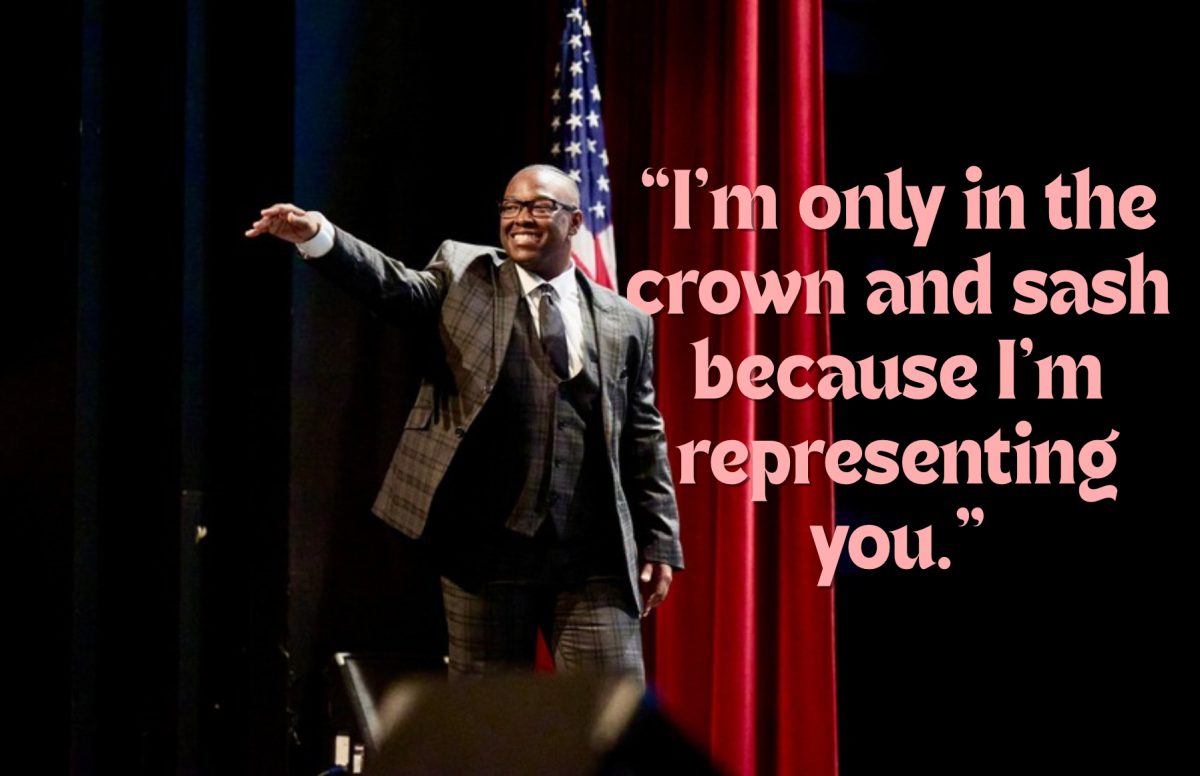Protests emerge from the Arab League, and 63 percent of Americans oppose intervention in the Libyan conflict, yet American missiles still rain down from the Mediterranean.
Since World War II, the United States has become the global police, creating conflicts around the world and spurring resentment domestically and internationally. The culprit of the division of interests is a conflict of paradigms.
Sept. 11 brought the perspective of the global system arranged by America and European powers to the forefront of international politics. Many within the Islamic civilization, stretching from Africa to India, reject separation of church and state, women’s rights and capitalism.
In the West, the principles are indoctrinated through our education system and media. In the Islamic world, Madrassas (Islamic religious schools) practice the same tactics.
What results is a collision of paradigms. This materializes into conflicts because our perceptions are reality. Samuel P. Huntington, a renowned American political scientist, describes this as the “Clash of Civilizations.”
Perception is the byproduct of the mixing of our attitude and knowledge. What we know to be true about the world and our attitude toward it defines our worldviews.
H. I. Hayakawa profoundly argues that “the map is not the territory.” Our map is what we see and understand while the territory is reality. No map can perfectly depict the territory, and each person’s map is slightly different.
Perception doesn’t just cause conflict between societies, but within them as well. This is often exhibited by generational paradigm shifts within a society.
I hear our professors talk about university life in the “good old days” (to which every generation claims to have once belonged), where withdrawal for non-attendance and Moodle didn’t exist, among other obstacles. The hypocrisy is that the people who abused the system are now the ones running it.
To professors, Moodle is a revolutionary tool that can help students and professors communicate and share resources outside of the classroom. To me, and many other students, Moodle is an invasive tool teachers can utilize to make assignments due outside of scheduled class times.
College is a profound paradigm shaper because of the intellectual pursuit it requires. The more we learn about the world, the more accurate our “map” becomes. College is also influential because of the age group to which the majority of students belong.
Stepping out from the cocoon of protection and influence of our parents is instrumental in becoming an adult. It is an age of exploration and discovery.
The conflicts that emerge from the differences in paradigms cannot be avoided. It is not a single person, culture, country or civilization that instigates this, but human nature itself. We can only seek to be understood and to understand, but never truly achieve this.
Although this cannot be overcome, it can be improved. Perceptions will never be perfect maps, but we can make them better.
Henry David Thoreau once remarked, “I know of no more encouraging fact than the unquestionable ability of man to elevate his life by conscious endeavor.”





